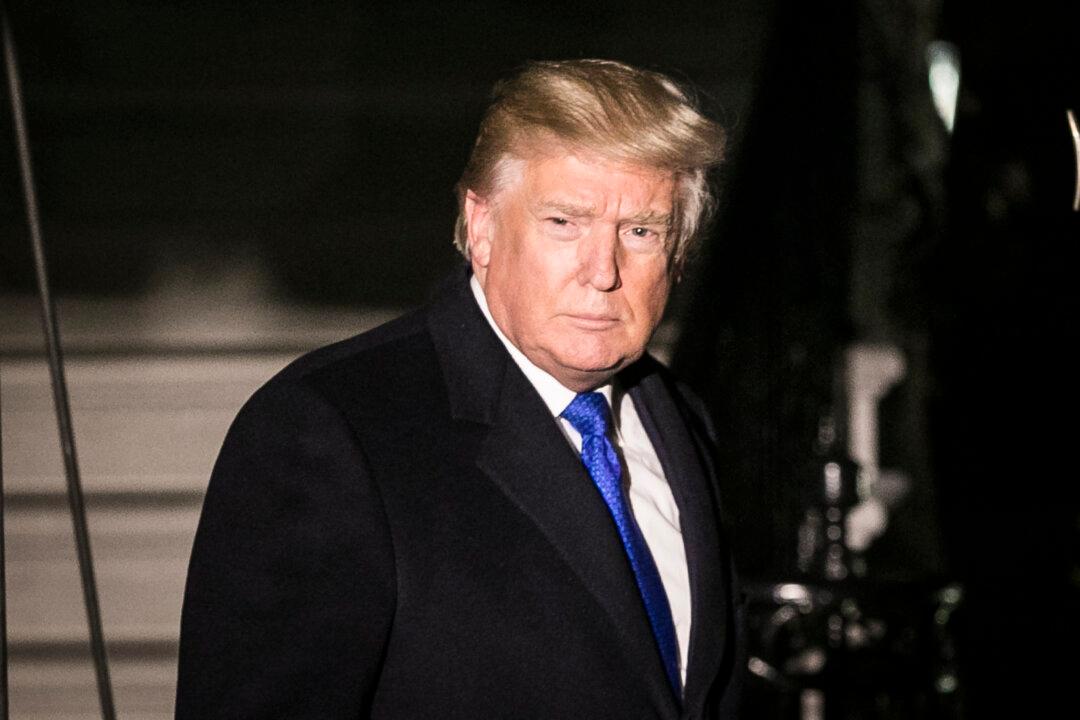President Donald Trump will roll out a set of proposals to address the opioid epidemic on Monday that includes death sentences for some drug dealers, according to Andrew Bremberg, the director of the White House Domestic Policy Council.
The president will lay out his comprehensive plan during a speech in New Hampshire, the epicenter of his administration’s battle against opioids and the state where Trump learned about the epidemic.





